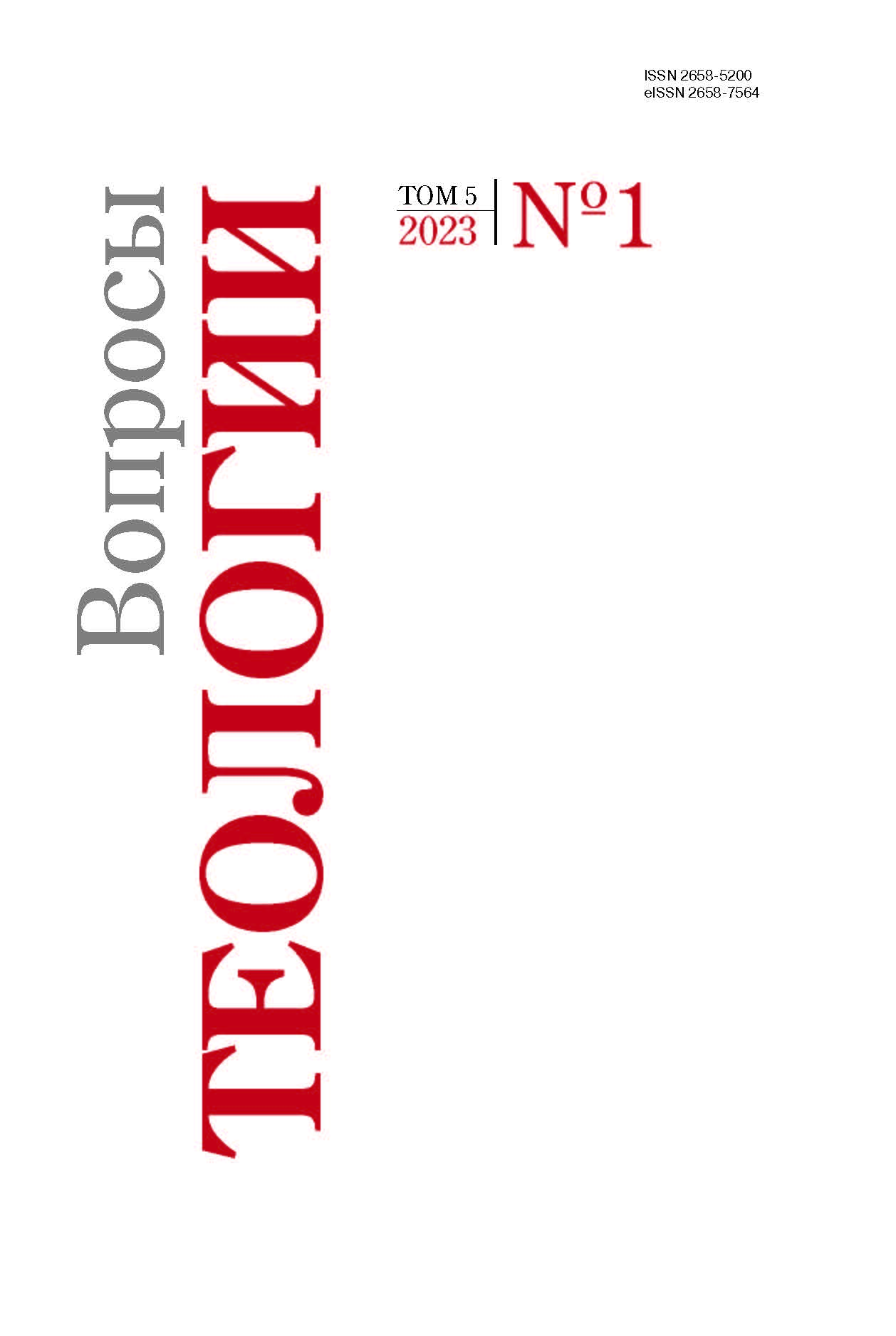The relations between Church and state in Czechoslovakia in 1947–1949: New archival documents
DOI:
https://doi.org/10.21638/spbu28.2023.107Abstract
Thanks to the opening of the Vatican archives concerning the pontificate of Pius XII, it is possible to shed light on how between 1947 and 1949 the Secretariat of State of the Holy See faced with the crisis between the Communist government of Czechoslovakia and the Catholic Church. In the context of secularisation after the Second World War, the Catholic Church in Czechoslovakia faced a wave of anti-religious persecution by members of the Communist Party of Czechoslovakia, which gradually gained prestige in society from 1946 up to the events of February 1948 (the so-called “Victorious February”) when the Communists assumed leading positions in the political system of the country. This study, based on archival data, provides an insight into the following aspects of these critical years: a deeper understanding of the chronological links of events; the reasons and aims of the modi operandi of the Vatican and the local episcopate; the bilateral relations between the Secretariat of State of the Holy See and the bishops of Czechoslovakia and their interaction in opposing the anti-church policies of the state; the reasons why the number of adherence to the so-called “Catholic Action” movement was much lower than that expected of the Communist Party in Czechoslovakia; Pius XII’s closeness to the Catholic clergy and believers in Czechoslovakia.
Keywords:
Church, state, Holy See, Pius XII, Czechoslovakia, Communist party of Czechoslovakia, Josef Beran, religious persecutions
Downloads
References
References
Downloads
Additional Files
Published
Issue
Section
License
Articles of "Issues of Theology" are open access distributed under the terms of the License Agreement with Saint Petersburg State University, which permits to the authors unrestricted distribution and self-archiving free of charge.




